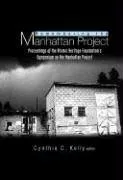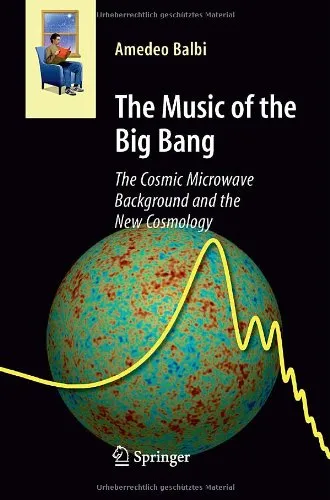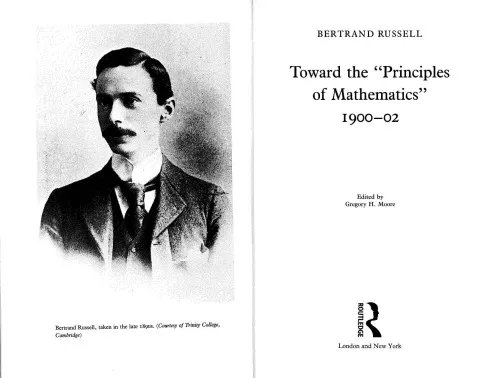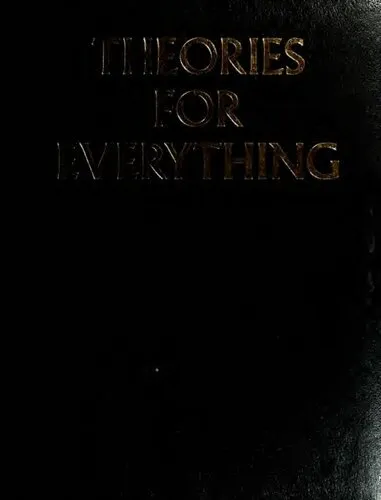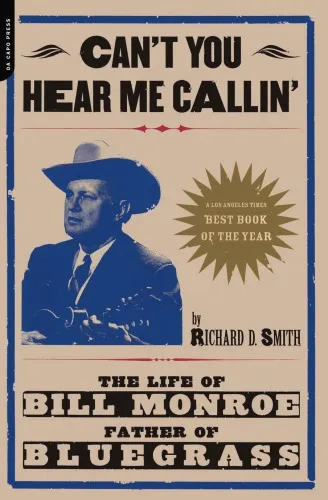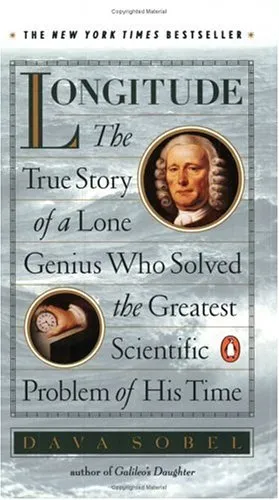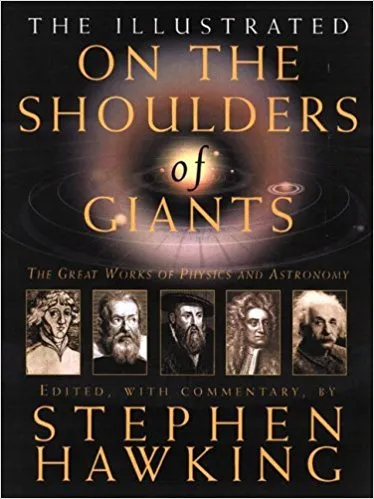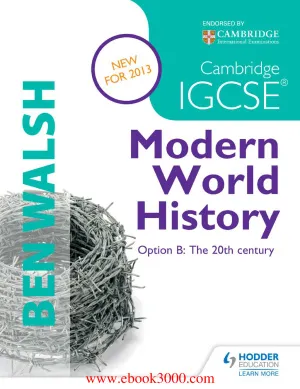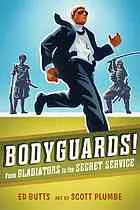Remembering the Manhattan Project - Pers: Perspectives on the Making of the Atomic Bomb and Its Legacy
4.5
Reviews from our users

You Can Ask your questions from this book's AI after Login
Each download or ask from book AI costs 2 points. To earn more free points, please visit the Points Guide Page and complete some valuable actions.Related Refrences:
Introduction to "Remembering the Manhattan Project: Perspectives on the Making of the Atomic Bomb and Its Legacy"
"Remembering the Manhattan Project" captures the complex and multifaceted history of one of the most transformative and controversial scientific endeavors of the 20th century—the Manhattan Project. Written to commemorate and reflect on the enduring legacy of the atomic bomb, this book dives deep into personal stories, ethical reflections, and historical accounts. By weaving together the perspectives of scientists, military officials, and civilians, it presents a balanced narrative that illuminates not just the creation of the atomic bomb, but its profound impact on humanity and global geopolitics.
The Manhattan Project was more than a scientific enterprise; it was a collision of human ambition, intellect, and the moral dilemmas of warfare. Within these pages, my goal is to give a voice to those who participated in, witnessed, or were affected by this monumental chapter in history. Rather than simply recounting dates and milestones, the book invites readers to engage with personal perspectives, providing a deeper understanding of the context in which these events unfolded.
Through a combination of essays, interviews, and first-hand recollections, this book aims to preserve the memory of the Manhattan Project and explore its lessons for future generations. It is both a historical record and a springboard for discussions on science, ethics, and global responsibility.
Detailed Summary of the Book
"Remembering the Manhattan Project" is structured thematically, taking the readers through key aspects of the project, from its inception in the early years of World War II to the lasting consequences of the atomic bombs dropped on Hiroshima and Nagasaki. Readers gain a front-row seat to the creation of the world's first nuclear weapon, guided by personal anecdotes that range from exhilarating scientific breakthroughs to moments of sheer existential uncertainty.
The book covers areas such as:
- The international scientific race to develop the bomb.
- The secretive yet collaborative atmosphere at Los Alamos Laboratory.
- Ethical debates around the necessity and morality of deploying the bomb.
- Reflections from survivors, families of the scientists, and later generations concerned about nuclear proliferation.
Each chapter delves into a unique voice or perspective, whether from renowned physicists like Robert Oppenheimer and Enrico Fermi, or from less-celebrated individuals who silently contributed to the monumental effort. The narrative culminates in pondering the legacy of the Manhattan Project, both as a triumph of human ingenuity and a harbinger of the existential risks posed by advanced technologies.
Key Takeaways
This book offers readers several critical lessons and insights:
- The Manhattan Project demonstrated the power of interdisciplinary collaboration, uniting scientists, engineers, and the military in pursuit of a common goal.
- Its history serves as a sobering reminder of the ethical dilemmas inherent in scientific progress, particularly when such advancements have the potential for mass destruction.
- The stories of individuals involved underscore the humanity behind the science, revealing the doubts, aspirations, and emotions that shaped their decisions.
- Finally, the book emphasizes the importance of learning from history to navigate modern challenges of nuclear weapons and global diplomacy.
Famous Quotes from the Book
The book is filled with poignant and memorable quotations, reflecting the gravity and complexity of the Manhattan Project. Here are a few highlights:
"We knew the world would not be the same. A few people laughed, a few people cried, most people were silent." – Robert Oppenheimer
"It is an irony of fate that the war deadliest to workers employed them at their safest jobs." – Unknown Scientist
"The bomb didn't end just the war—it began an entirely new era of uncertainty." – Reflections from the textThese quotes encapsulate the weight of the Manhattan Project’s legacy for those who experienced it first-hand and for the world at large.
Why This Book Matters
"Remembering the Manhattan Project" is an essential contribution to both historical scholarship and public understanding of a pivotal moment in world history. In an age where nuclear weapons remain a persistent threat, this book provides a timely reminder of the roots of current challenges and the ethical responsibilities scientists, leaders, and citizens bear in addressing them.
What sets this book apart is its emphasis on personal narratives. These stories give faces and voices to the monumental decisions and achievements often reduced to statistics or impersonal analyses. It serves as a compass for navigating modern dilemmas in science and policy by illuminating the lessons of the past.
Whether you are a student of history, a scientist reflecting on the ethics of your craft, or a general reader curious about the intersection of science and society, "Remembering the Manhattan Project" offers a profound and thought-provoking exploration. It matters because it compels us to remember, reflect, and most importantly, act responsibly in the shadow of the atomic age.
Free Direct Download
You Can Download this book after Login
Accessing books through legal platforms and public libraries not only supports the rights of authors and publishers but also contributes to the sustainability of reading culture. Before downloading, please take a moment to consider these options.
Find this book on other platforms:
WorldCat helps you find books in libraries worldwide.
See ratings, reviews, and discussions on Goodreads.
Find and buy rare or used books on AbeBooks.
1351
بازدید4.5
امتیاز0
نظر98%
رضایتReviews:
4.5
Based on 0 users review
Questions & Answers
Ask questions about this book or help others by answering
No questions yet. Be the first to ask!
